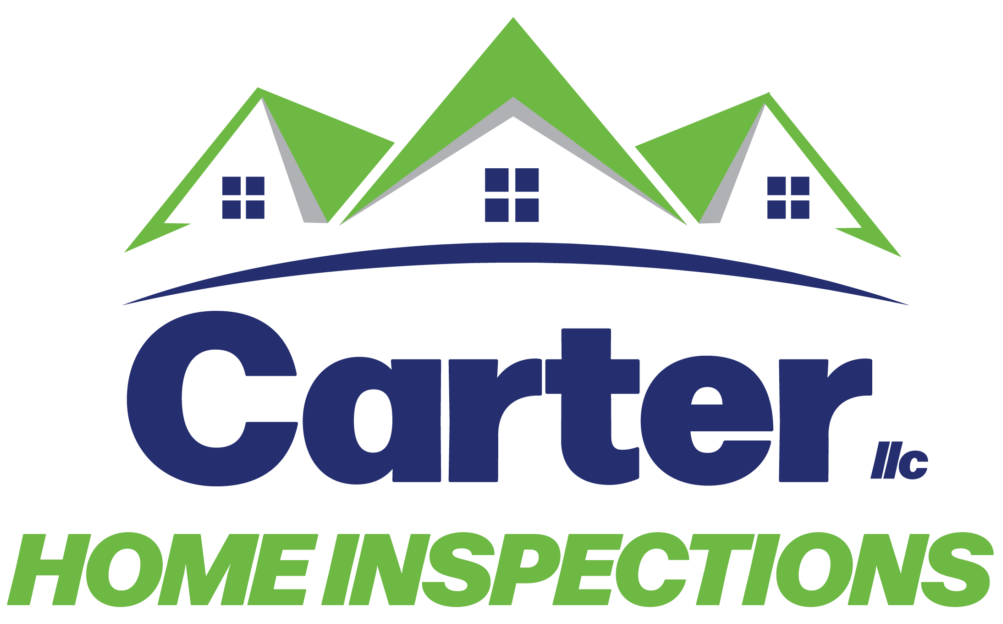
Buying a condominium can feel like stepping into a world where many of the big concerns are already handled—at least on the surface. After all, there’s a homeowners’ association, there are shared maintenance agreements, and there’s often a layer of oversight that doesn’t exist with a single-family home. But that doesn’t mean the individual unit you’re buying is trouble-free. In fact, the most expensive issues are often the ones hidden behind walls, above ceilings, or beneath floors—right inside the space you’re purchasing.
A private home inspection for a condo isn’t about repeating what the HOA already knows. It’s about protecting your investment in the part of the property that is solely yours—and making sure you’re not inheriting problems the HOA has no responsibility to fix.
The “Boundaries” Trap
Many first-time condo buyers assume that because the building exterior and shared systems are maintained by the association, the unit’s interior must be fine. But the dividing line between HOA responsibility and owner responsibility is rarely as simple as “outside versus inside.” That boundary can shift depending on the community’s bylaws. Your personal plumbing lines, electrical wiring, and HVAC components could all be yours to maintain—and repair. If they fail after closing, those repair bills don’t get split among your neighbors.
Mechanical Systems Don’t Care About HOA Dues
It’s easy to forget that your water heater, heating and cooling units, and electrical panel are not shared resources—they’re yours alone. An inspection evaluates these systems’ safety, functionality, and life expectancy. A unit with aging or improperly installed equipment can look perfectly fine during a quick walk-through, but once the first Mississippi summer heat wave hits, you might find yourself replacing an air conditioner that should have been flagged before purchase.
Hidden Damage Can Hide in Plain Sight
Moisture intrusion from neighboring units, minor foundation movement, or even pest activity can leave subtle clues—stains in out-of-the-way spots, hairline cracks, or faint odors. Without a trained eye, it’s easy to overlook these signs until they escalate into expensive repairs. By the time a problem becomes obvious enough for the HOA to address, the damage inside your unit may be your financial burden.
Negotiation Power You Can’t Get Later
One of the biggest benefits of a private inspection is timing. Before closing, you have the option to request repairs, ask for concessions, or walk away if the problems are serious enough. Once the ink is dry on the purchase agreement, you lose that leverage.
A condo inspection isn’t an unnecessary extra—it’s a targeted, protective measure that focuses on the space you’re actually buying. A clear, unbiased report can give you peace of mind and potentially save you from years of surprise expenses.
